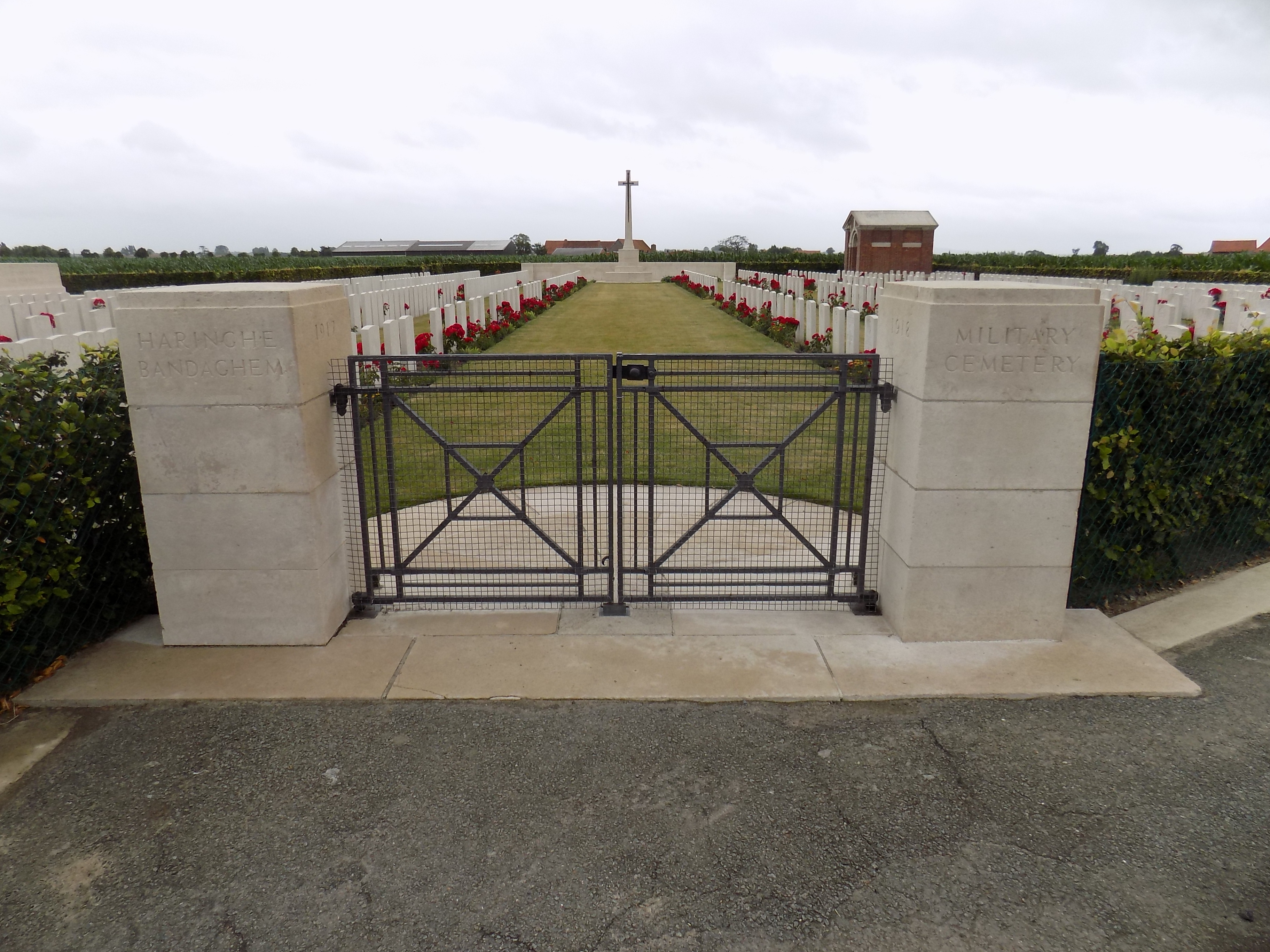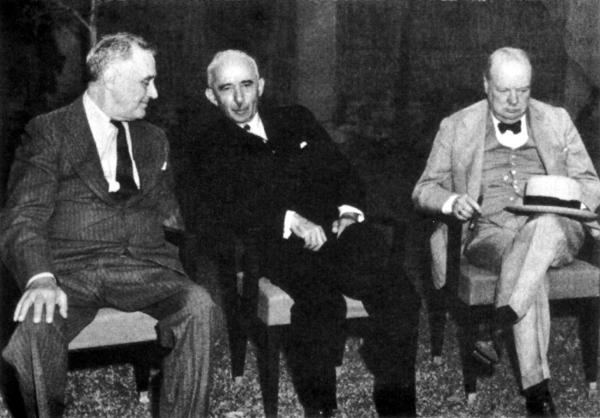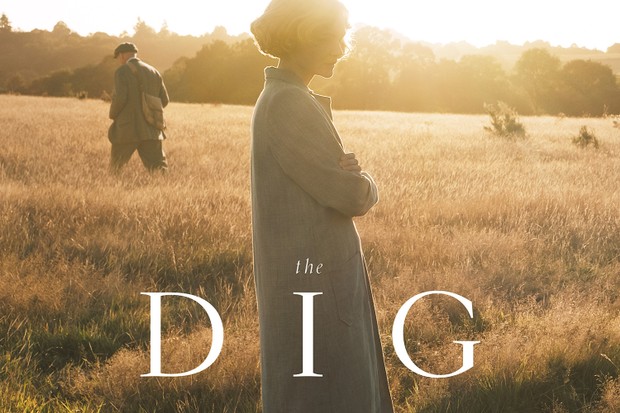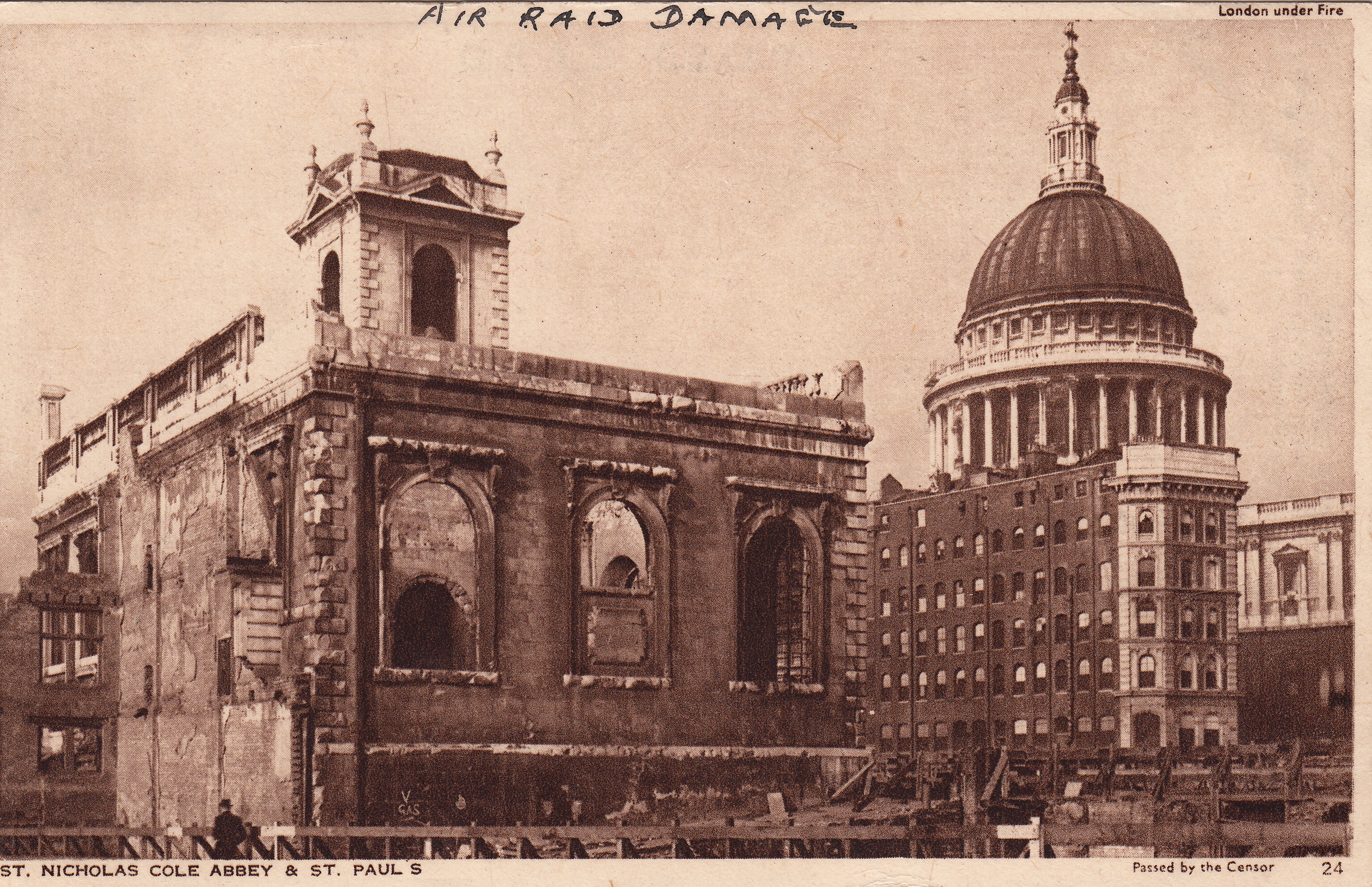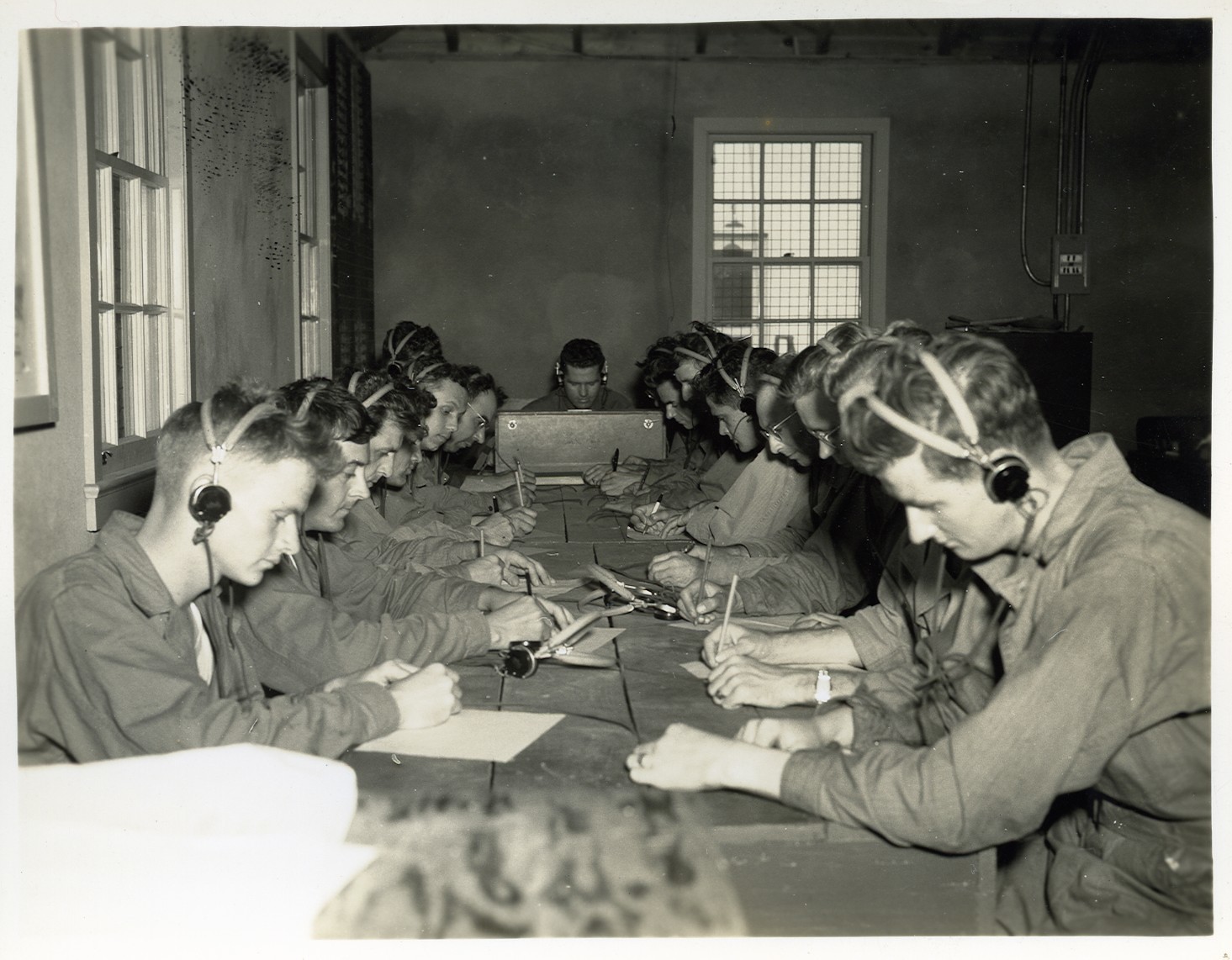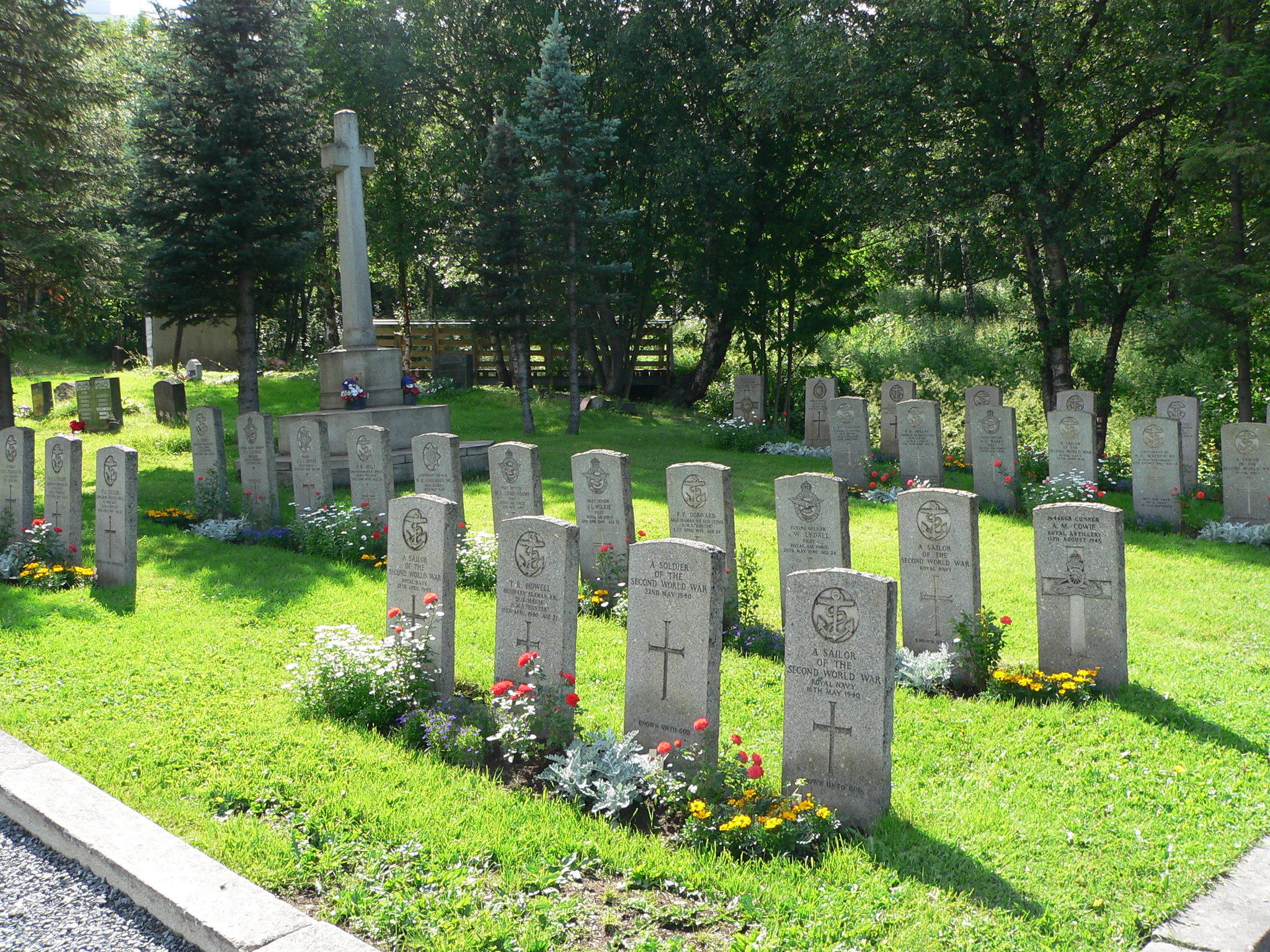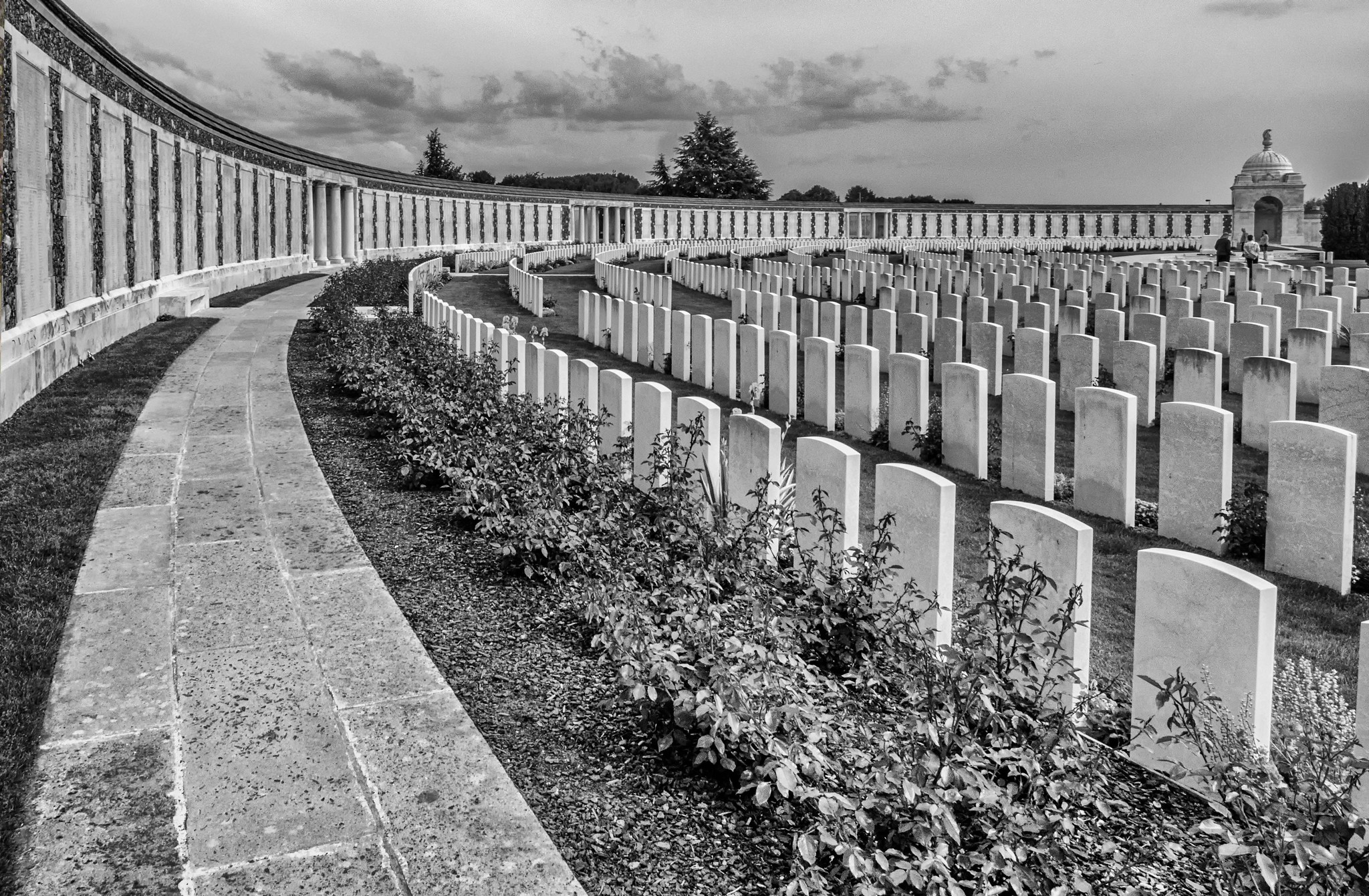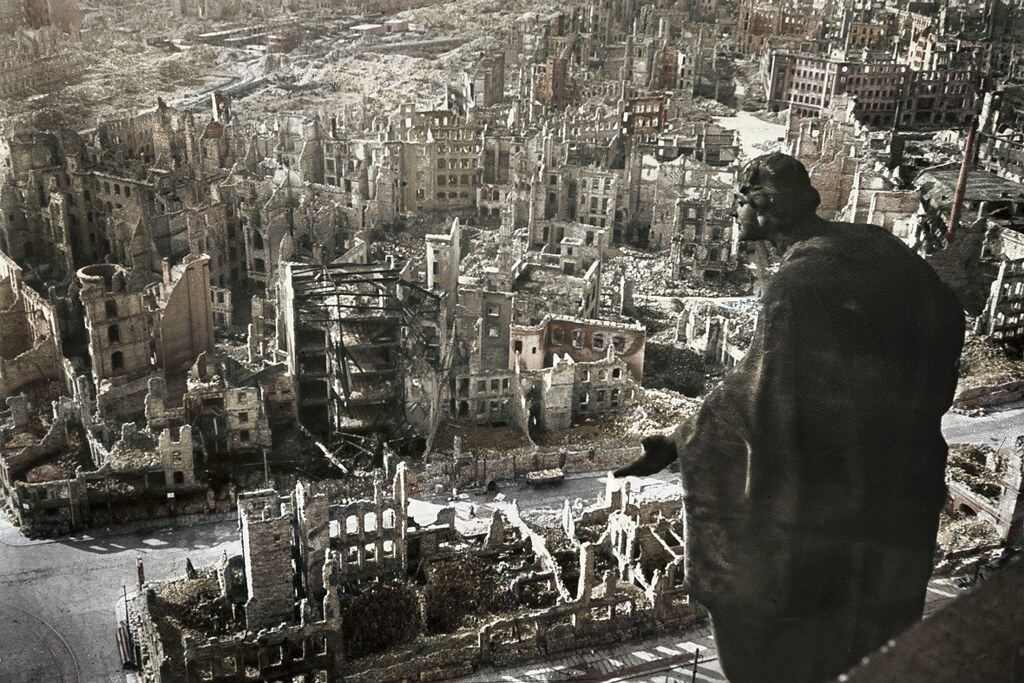Written by Mark Connelly I first visited a Commonwealth War Graves Cemetery when I was sixteen years old. It was Dud Corner Cemetery and the Loos Memorial in France. I can remember the moment vividly. Having developed a deep interest in the First World War, I was on my first battlefield trip. Although my reading had made me aware of the work of the Commission, nothing prepared me for the beauty, calm and dignity of…
Leave a CommentTag: Second World War
Reviewed by Edward Corse
The Second World War produced some intriguing quasi-conflicts amongst the much larger and better-known battles of that period. Onur İşçi’s analysis of the relations between Turkey and the Soviet Union at that time carefully plots out one such fascinating story – one that is understudied and often misunderstood.
Leave a CommentReviewed by Oliver Parken
The sleepy Suffolk village of Sutton seems an unlikely backdrop for a major feature film. The Dig, starring Carey Mulligan, Ralph Fiennes and Lily James brings a true story well known to Sutton’s locals to the big screen for the first time. Based on John Preston’s literary adaptation of the same name (2007), The Dig recasts one of the most significant archaeological discoveries of the twentieth century on British and European soil––the excavation of a Dark Age ship, packed with a priceless collection of treasure, in the late-1930s.
Leave a CommentReviewed by Oliver Parken
Memories of Britain’s war continue to soothe a fragile national psyche. Brexit and the Coronavirus pandemic, two of the greatest political challenges in living memory, have often been unambiguously linked with the myths of Britain’s war. Given the recent turn to the right in mainstream British politics and the conservative underpinnings of Britain’s war memory, politicians and commentators draw freely from the past to provide stability in the present. Britain ‘stood alone’ in forging a Brexit deal as it did against continental Europe in 1940. Beating Covid-19 demands a pulling-together and sacrifice of civil liberties of society reminiscent of the ‘Blitz spirit’ (itself part of a larger, more egalitarian framing of the war which nonetheless feeds into right-wing narratives).
Leave a CommentReviewed by Will Butler.
This edited collection, which covers a diverse range of inter-related subjects, is a triumph, and a welcome collection to the study of the use of propaganda during the Second World War. It brings together a diverse range of scholars (both established and early career), who all tackle their subjects with aplomb, taking the reader on an exploration of their individual areas of study, without losing sight of the overall theme of the collection.
Leave a CommentReviewed by Ellena Matthews.
Over the last 30 years an increasing number of historians have explored the social and cultural history of death in the twentieth century. Lucy Noakes’ Dying for the Nation builds upon these studies to show that an analysis of death in wartime enhances our understanding of the Second World War. Through examining how death impacts upon individuals, communities and the state, Noakes illustrates that the management of death, grief and bereavement shaped the impact of wartime loss during the war years and in the immediate post-war period.
Leave a CommentWritten by Mario Draper.
Were someone to walk into any room of historians and mention the word ‘technology’, they would undoubtedly illicit a reaction. Contrary to popular opinion, it may not always be that of fear-induced negativity, but rather an increasing acceptance of how digital media can enhance what academics already do. Teaching and research are the bread and butter of the academic profession and both are becoming increasingly entwined with the world of online dissemination. One need look no further than the importance attached to pubic engagement elements of research; much of it achieved through the streaming of events, the writing of blog posts, the recording of TV shows and podcasts, never mind the casual posts, rants, and streams of consciousness so prevalent on social media.
Leave a CommentWritten by Megan Kelleher.
As COVID-19 continues to be a key discussion point worldwide, the heritage sector is continuing to adapt to suit the needs of the public. One such organisation is the Commonwealth War Graves Commission (CWGC), who care for the graves and memorials of the 1.7 million men and women who died in the armed forces of the British Empire during the First and Second World Wars. While the CWGC’s work is often at the forefront of much of the commemorative services for key anniversaries of the two World Wars, much of the day to day work it conducts has only recently begun to be told to the public through their website and ever-increasing social media presence. Their digital output has grown dramatically in light of the current crisis, and details of a selection of some of these online resources are detailed below:
Leave a CommentWritten by Ellena Matthews
On 29 January 2020, the Centre for War, Media and Society had the pleasure of welcoming Professor Lucy Noakes (Essex) to the University of Kent to present their annual lecture. The lecture coincided with the release of Professor Noakes’ new publication Dying for the Nation: Death, Grief and Bereavement in Second World War Britain.
Leave a CommentReviewed by Charlie Hall.
The question at the heart of Florian Huber’s book is: why did so many ‘ordinary Germans’ take their own lives at the end of the Second World War, in an act of mass suicide which has no parallel in modern conflict? There is no doubt that this is an important question, and one which promises to shed new light on the personal stories and experiences of individuals who lived (and died) in the Nazi age of extremes. However, while Huber’s work is a compelling, and often powerful, collection of stories, it struggles to reach a conclusion which satisfactorily answers this main question.
Leave a Comment
